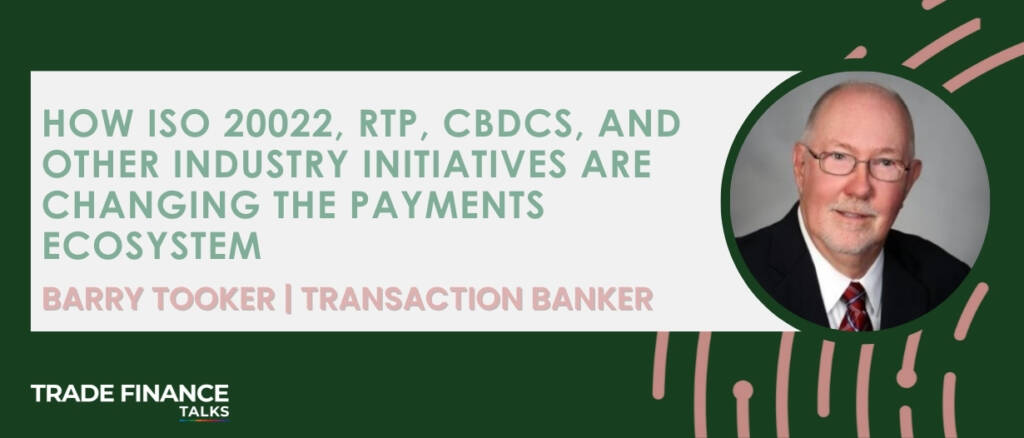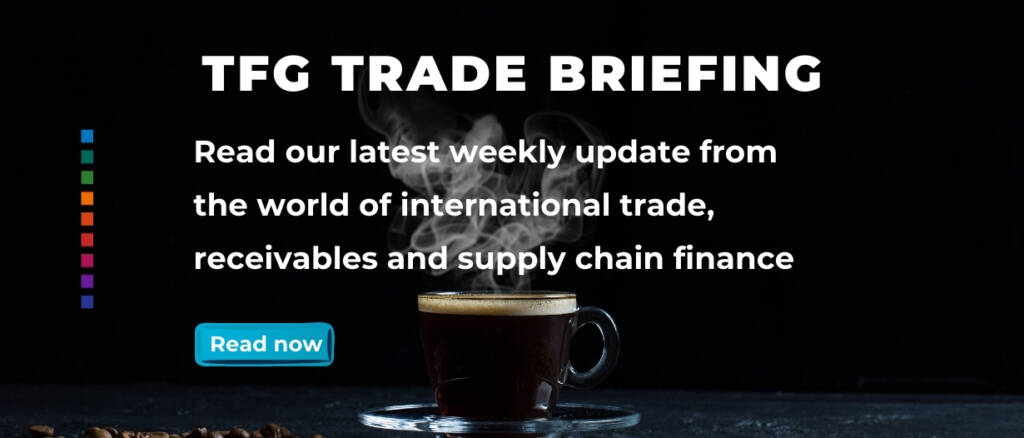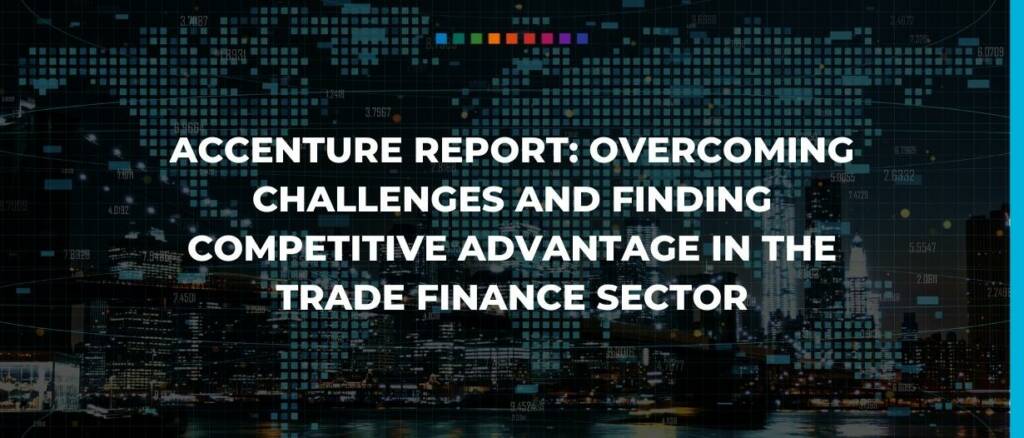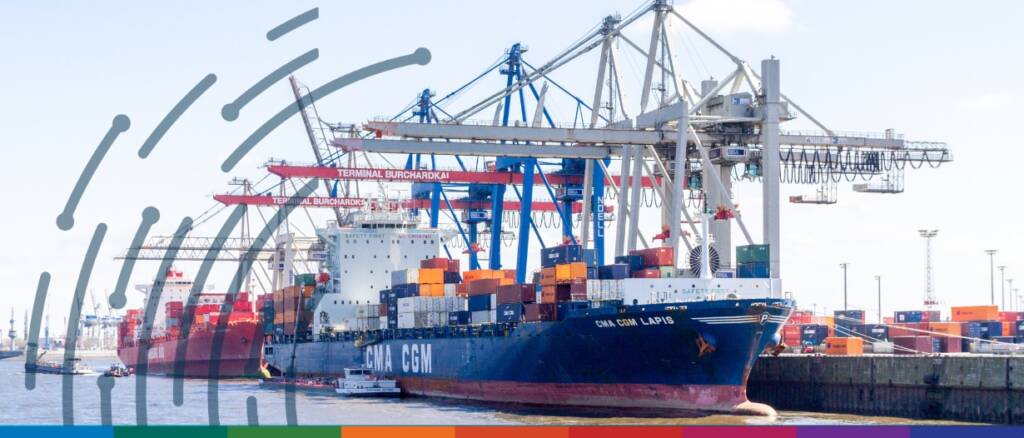New transaction banking initiatives are changing traditional payment processing paradigms.
The arguments for digitalising trade processes are well known. Paper-based processes are inefficient, error-prone, and subject to frequent delays––particularly in times of disruption.
28 November 2022
Your Monday morning coffee briefing from TFG
Your Monday coffee briefing from TFG – PODCAST | Float or sink: BIMCO discusses eBL adoption, standards, interoperability
The notoriously volatile cryptocurrency market suffered another serious blow earlier this month as FTX, once one of the largest cryptocurrency exchanges in the world, met its rapid end.
In a bid to diversify energy sources and become more eco-friendly, Germany has enacted a grand push toward natural gas.
Your Monday coffee briefing from TFG – Commerzbank on standardisation: the key to sustainable trade finance
$1.4 trillion dollars. Enough money to make anyone pause. That’s the current worth of the global pharmaceutical industry. The COVID-19 pandemic had far-reaching negative ramifications, but it was also a time of notable growth for the pharmaceutical sector.
Accenture released a report on findings from an online survey conducted to determine challenges banks are facing, both in retaining trade finance partners, as well as thwarting competition from fintechs.
Incoterms® are the international terms which determine business-to-business practice in the transport and delivery of goods published by the International Chamber of Commerce (ICC). They set out the important fundamentals of the Incoterms® rules, and the contracts surrounding a typical contract of sale for export/import.























